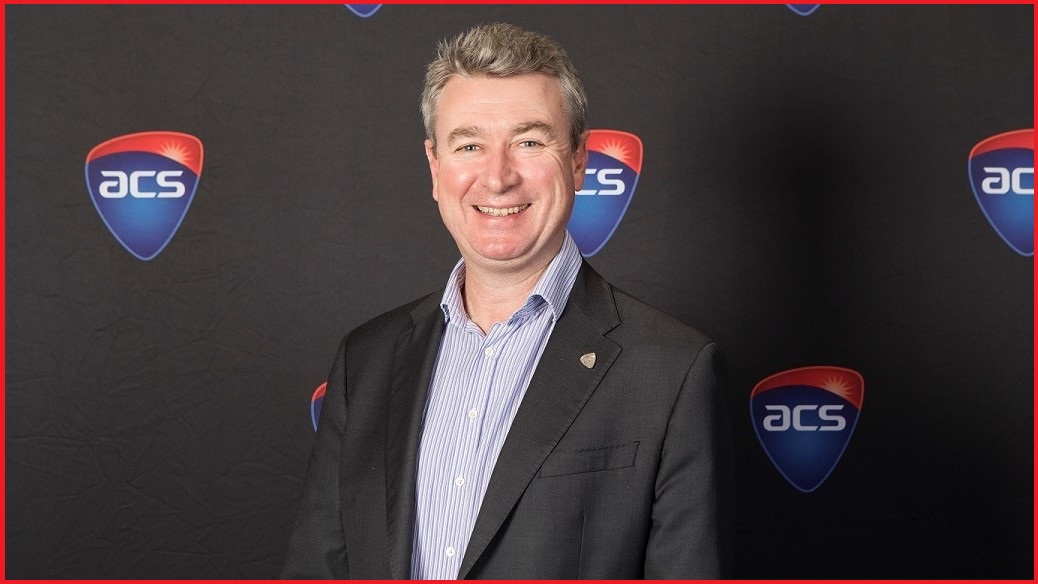Information Age speaks with ACS President Dr Ian Oppermann following the meeting of Congress last Friday.
Information Age: What did Congress discuss at last week’s meeting?
Dr Ian Oppermann: We met to discuss moving forward with constitution reform. Congress continues to support ACS becoming a company limited by guarantee. We looked at identifying the issues of concern or obstacles to moving forward, and agreeing on the pathway forward, or as much of that pathway as possible. It was a wide-ranging conversation genuinely attempting to address issues that have been raised about the earlier constitutional reform process.
Information Age: What will be done differently this time?
Dr Ian Oppermann: We recognise that broad ACS member input and feedback are critical to success of the reform. Rather than starting again, changes will be made to the 2019 draft constitution. For example, the 2019 draft said the term limit of the constitution would be six years; we’ll be changing that to a lifetime term.
Once changes are made to the draft, we’ll put it out for broad feedback using a range of methods such as a technology platform and / or phoning professional members. We want to engage those members who openly objected to the 2019 constitution in order to receive feedback and make improvements to the new version.
Information Age: Is there a timeline for the reform?
Dr Ian Oppermann: We’ll be developing a roadmap for reform, clearly outlining when input / consultation periods are open and major stages of the reform process. Congress has set a target of four months to draft the candidate 2020 Constitution followed by phases of wider consultation and review. The target is to become a company limited by guarantee by July 2021.
Information Age: How will members be informed of changes?
Dr Ian Oppermann: We’ll be communicating a schedule for reform, when input / consultation periods are open, and the timing of major phases. Congress agreed we need to communicate more about ACS activities and progress, in different ways for different members.
Information Age: What will happen to ACS branches across Australia?
Dr Ian Oppermann: Branches are relevant and need to remain relevant in any new constitution.
Congress agreed Branches need to run under a hybrid model – with ACS central office input and support, and with local branch content and activities.
Information Age: Did you discuss member feedback at Congress?
Dr Ian Oppermann: ACS is a member-based organisation and member feedback is critical to reform. Dr Roger Clarke was invited to address Congress early in the day and presented a member view. In fact, we spent most of the time discussing issues identified through member feedback. I trust that all ACS members will take the opportunity to provide feedback on the areas of greatest concern in the 2019 draft constitution and input during the consultation phases.









